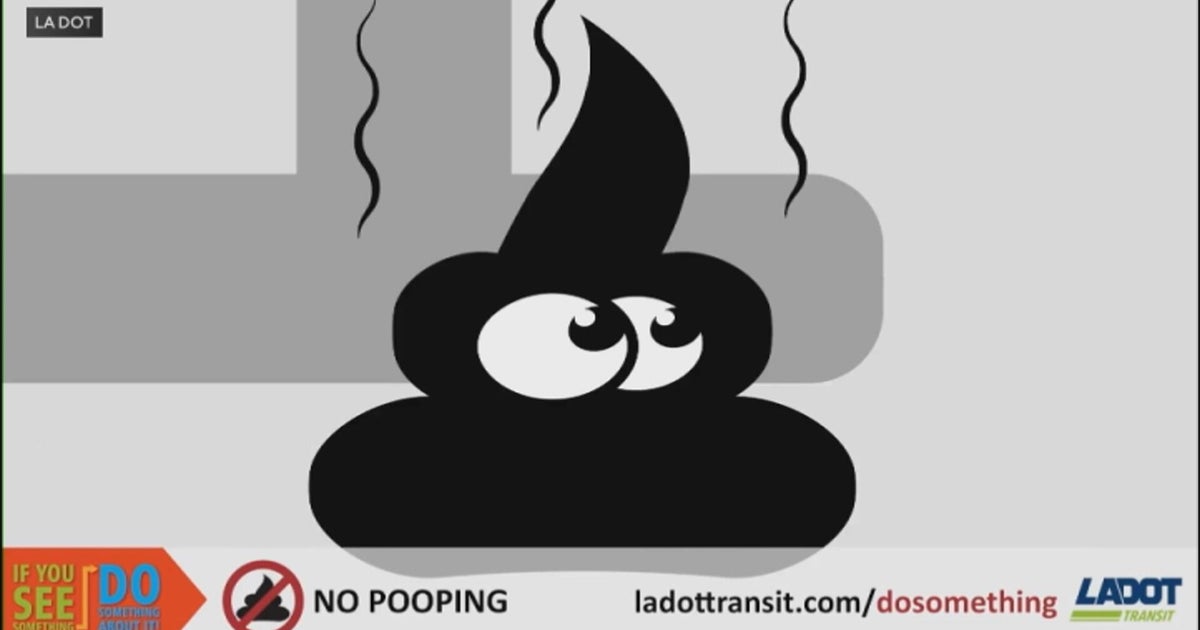'Endemic Approach' To Coronavirus Pandemic — What it Means for Californians
SACRAMENTO (CBS13) -- The word "endemic" was not explicitly used in California's SMARTER plan, announced by Gov. Gavin Newsom on Thursday, but the status of coronavirus in the state is closer to endemic than pandemic, according to some infectious disease experts.
California is the first state to shift to an "endemic" approach with the COVID-19 pandemic. The change comes with a focus on prevention and speedy reaction to outbreaks instead of reliance on mandates. Newsom explained the plan is focused on management instead of emergency response.
What is the difference between a pandemic and an endemic? According to experts, it's acknowledgement that COVID-19 won't disappear from the population.
"An endemic becomes something like the flu, or other chronic infections that just exist ongoing, normally," said Dr. Jeffrey Klausner, Clinical Professor of Population and Public Health Sciences at Keck School of Medicine of USC.
"[It means] that our hospital systems won't be at risk for collapse, that we have capacity to be able to manage the number of severe infections," said Klausner.
Lessons that have been learned from past pandemics are part of daily life now, and accepted as normal, according to Yonatan Grad, Melvin J. and Geraldine L. Glimcher Associate Professor of Immunology and Infectious Diseases.
"Perhaps the lessons learned from COVID-19 in terms of disease prevention can yield similar long-term improvements in individual and global health," Grad said in an interview with Harvard in August 2021.
Grad writes that past pandemics have led to changes like screens on doors and windows that helped keep out mosquitos that carried yellow fever and malaria. Sewer systems and accessible clean water helped eliminate typhoid and cholera epidemics.







